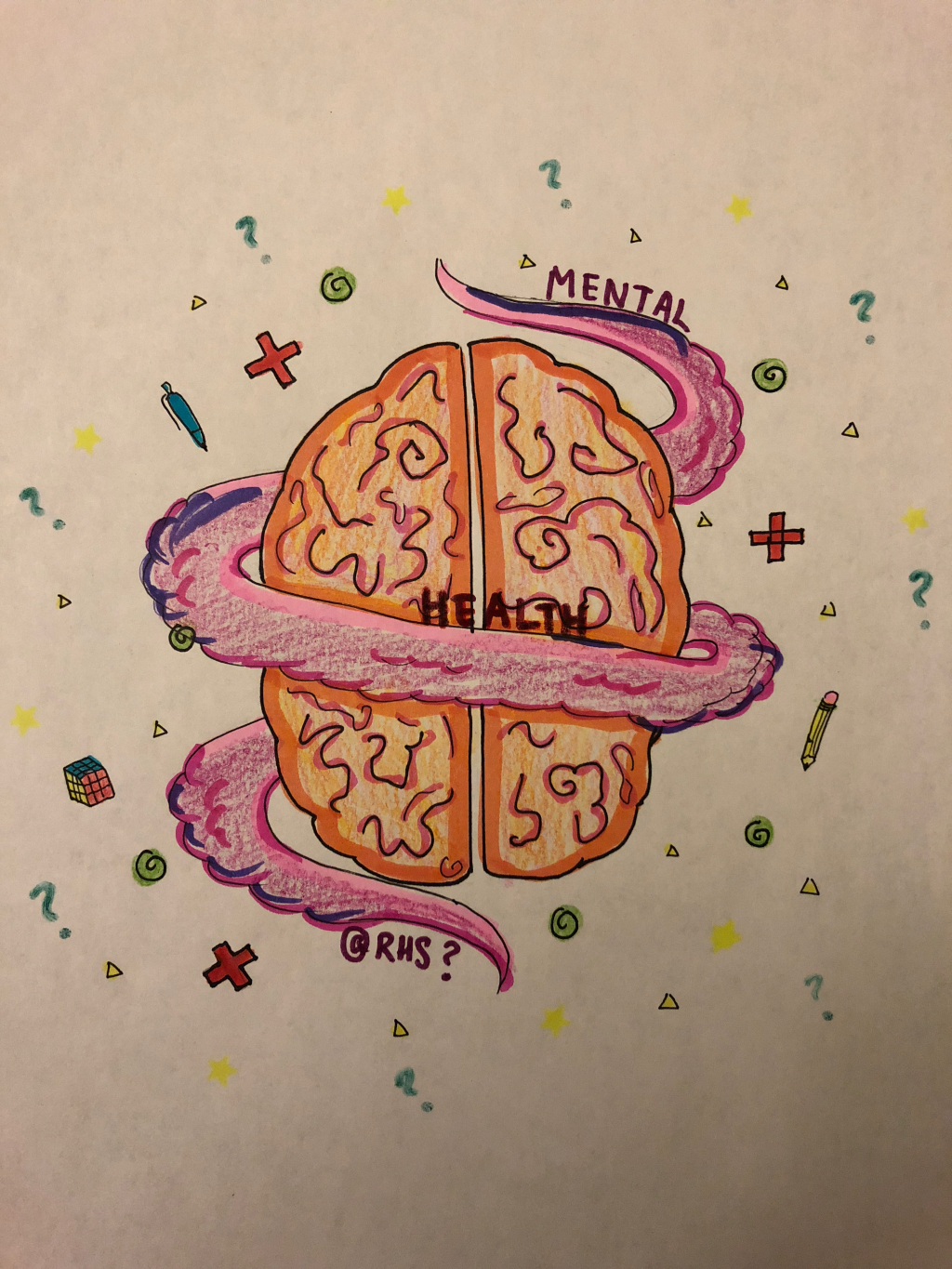Mental illnesses. We do not talk about them enough yet they affect about one in four people and about one in five children from ages five to seventeen. Even children from ages two to five show signs of depression. Mental health may be touched upon in schools, but most people don’t see the true danger that these illnesses have. This is the case for such a large part of our society that mental illnesses are seen by some as a “joke.” However, if they are not treated properly, they could damage a person’s life, or quite possibly end it. While mental illnesses do not work in the same way as other viral or bacterial illnesses do, it is just as dangerous, if not more.
If this is true, then why are mental illnesses treated as unimportant compared to physical ones? Just think about it: when students get sick or have allergic reactions, they are immediately sent home. However, mental illnesses are viewed as inferior to the point that almost all students would never even imagine asking to be sent home due to one. This is because, in society today, everyone tries so hard to make their lives seem perfect. No one wants to talk about all the ugly parts of life. No one even wants to see it. Because of this, those with mental illnesses feel as though they are alone. They feel like they are abnormal, and not in a good way. By being passive about this subject and not taking it seriously enough, we are only making it worse. We are blind to the dangers of these mental parasites while they continue to spread, feeding on our happiness.
I believe that our school needs to be more aware of mental illnesses. We sign contracts, sit through videos, and watch presentations about bullying, but what do we learn about the times when the bullies are inside our minds? We are taught that bullying leads to suicide, worsens academic performance, and raises school absences; but so does mental illness. We are taught about how to keep our bodies healthy, but what have we learned about our mental health? Both students and teachers should learn more about mental illnesses. In a time where people are so prone to mental illnesses, we should know what they are, how to recognize them, and how to prevent or properly react to them. Everyone knows what to do if someone gets a common cold, but we are never taught how to calm a panic attack or how to help someone with an eating disorder. With mental illnesses, hiding these issues in the shadows will only make victims feel as if their pain is unimportant or invalid. While talking to a guidance counselor or a grade advisor may help, proper medication and care are needed to truly help those with mental illnesses. We should be taught to be more comfortable discussing this topic and no one should be afraid to tell teachers if they feel the need to go home.
Lydia Han
staff writer
Graphic: Nicole Kye

